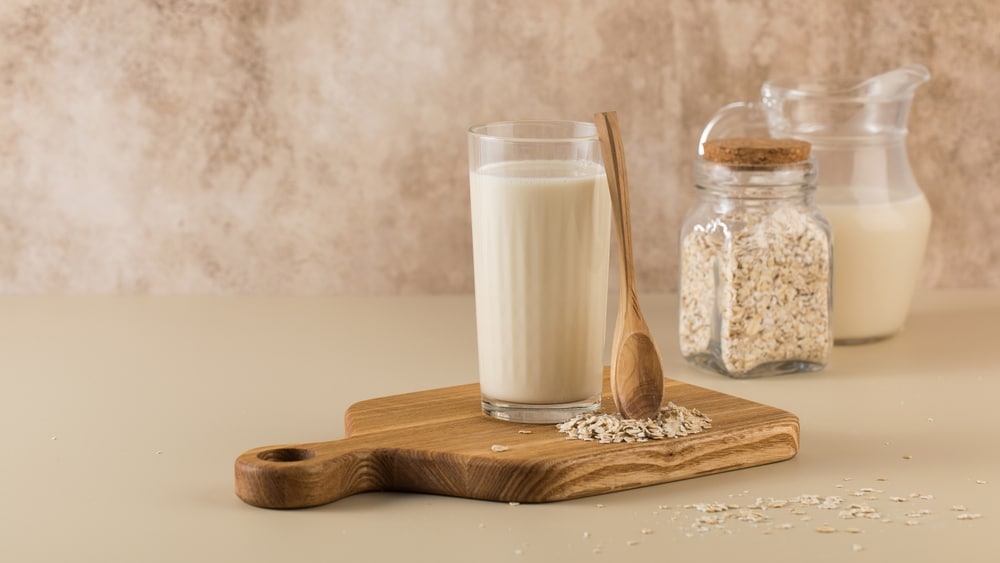These days, it seems like everyone is searching for the next best alternative to dairy milk, and traditional cow’s milk is rapidly falling out of favor. Walk down the aisles of any grocery store, and you’re bound to see rows and rows of cartons—almond, soy, coconut, and, yes, oat milk. Speaking as someone who’s fallen head over heels for oat milk, I can confidently say that it stands out among the crowd of nondairy options, and I’m not alone in this sentiment.
Oat milk isn’t just a trendy fad; this creamy, slightly sweet drink has garnered a loyal following, and it’s easy to see why. From coffee lovers seeking that perfect frothy texture in their lattes to those who are lactose intolerant or vegan, oats have captured the hearts of many. The versatility of oat milk makes it an ideal companion for your morning cereals, smoothies, baking, or simply enjoying it straight from the glass. It’s not just about taste; the makers of oat milk focus on sustainability and health, so you can feel good about what you’re consuming.
Let’s be honest: when you switch from dairy to nondairy, it can feel overwhelming. With so many options available, how do you choose? Oat milk emerges as a sustainable choice, made primarily from oats and water, and it’s often fortified with nutrients like calcium and vitamins A, D, and B12 to mimic those found in dairy. Compared to almond milk, which has faced scrutiny due to the water-intensive farming practices and ethical concerns surrounding nut farming, oat milk presents a more eco-friendly profile—it’s made from a crop that requires less water and can grow in a wider range of climates.
But it’s not just the environmental benefits. Oat milk’s flavor profile is closer to that of cow’s milk than many other alternatives. It offers a milder taste and rich creaminess that pairs beautifully with coffee, making it a popular choice for baristas. If you’ve ever had the pleasure of sipping a velvety latte in a café, there’s a good chance that they used oat milk. That thick, pourable texture can make even the simplest cup of coffee feel like a warm hug in a mug. If you’re a fan of baking, it’s also a wonderful substitute in recipes calling for milk, adding moisture to baked goods without an overpowering flavor.
These days, individuals from various walks of life—whether for health reasons or ethical considerations—are making the switch to oat milk. The surge in its popularity is echoed by the rising number of brands hitting the shelves, each trying to find that perfect blend of natural flavor and creamy consistency. I know firsthand how disorienting it can be to sift through these options. It helps to read reviews, ask friends who share the same taste preferences, or sample products when possible.
In a world where waterways seem to be drying up and our health is increasingly at risk from processed foods, turning to oat milk feels like a step in the right direction, doesn’t it? As you navigate your own alternative milk journey, consider giving oat milk a shot—you might just find it becomes your go-to choice, too. Whether you’re making a health-conscious decision or simply looking for a delightful flavor, there’s so much joy and satisfaction to be found in this creamy, delectable drink. It’s more than just a trend; it’s about embracing a lifestyle that welcomes both self-care and environmental responsibility. So pour yourself a glass, and enjoy the journey of discovering just how great nondairy can be!































